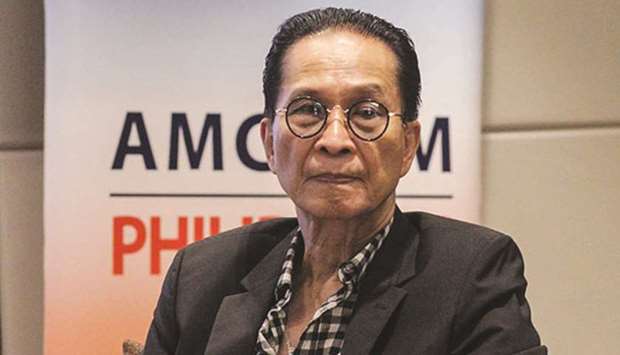Malacanang yesterday backed the proposal of the Department of National Defence (DND) to amend the anti-terror law to allow longer wiretapping operations against enemies of the state.
Palace spokesman Salvador Panelo said the proposal would give the government an effective legal framework in securing the country from terrorists and other enemies of the state.
“I think the purpose there is to secure our country, to enhance security, because it’s really hard to wiretap. It will take time, before you will know the plans of the enemies of the state,” Panelo said.
Defence Secretary Delfin Lorenzana earlier said a new anti-terrorism law should extend the legally sanctioned wiretapping of suspects to a period of up to 90 days.
He said this period was reasonable for the complicated task.
“I believe we should treat terrorism as a special crime, way above the ordinary crimes that we are dealing with,” Lorenzana said, pushing for more liberal powers for law enforcement agencies.
Republic Act (RA) 9372, or the “Human Security Act of 2007,” provides for an initial period of 30 days, with one extension of up to 30 days.
The Act allows wiretapping, with the consent of the Court of Appeals, only for terror suspects.
Justice Secretary Menardo Guevarra on Tuesday said the law “needs more teeth,” citing “many provisions that need to be amended.” Panelo, who also serves as the president’s top legal counsel, assured the public that any amendment to RA 9372 would be in accordance with existing laws.
“There should be no abuse. There should be conditions how you would give the right to wiretap,” he said.
Meanwhile, Panelo said the Palace would study Interior Secretary Eduardo Ano’s proposal to revive the anti-subversion measure that would outlaw the Communist Party of the Philippines.
“We still have to study it. But the concern of Secretary Ano is legitimate, that we need to have such kind of law. But, as far as the Palace is concerned, that will require study. Serious study,” he said.
The anti-subversion law was repealed in 1992.

Panelo: effective framework against enemies
